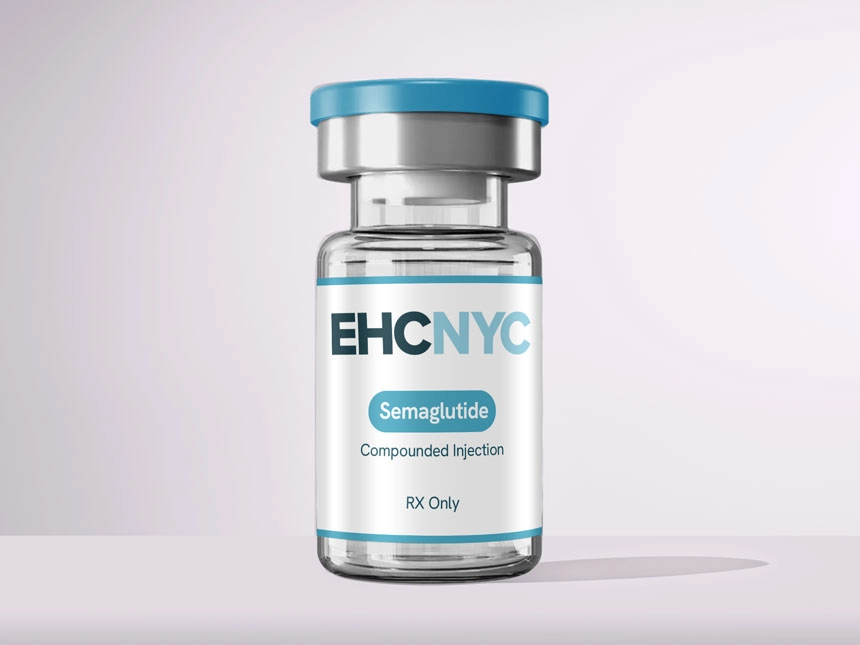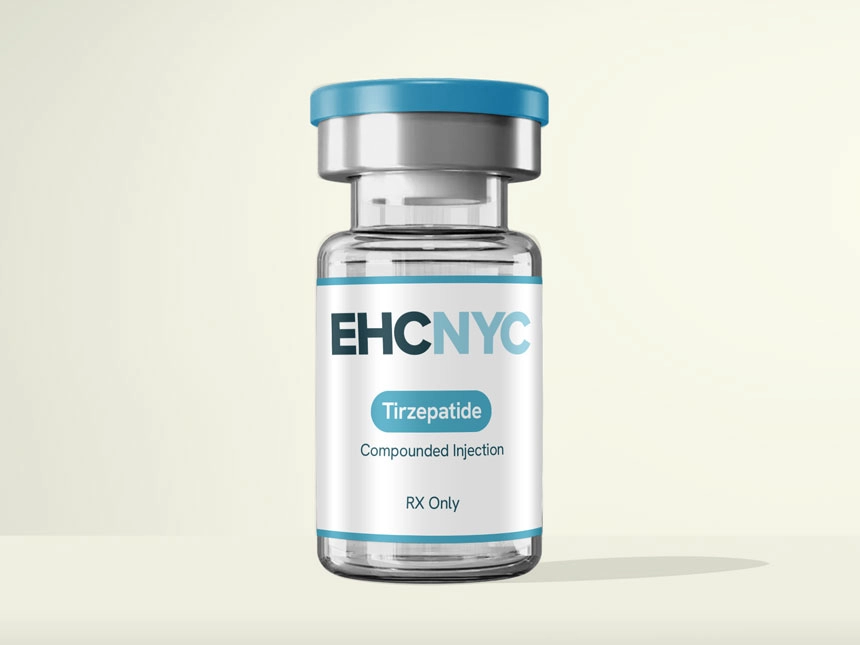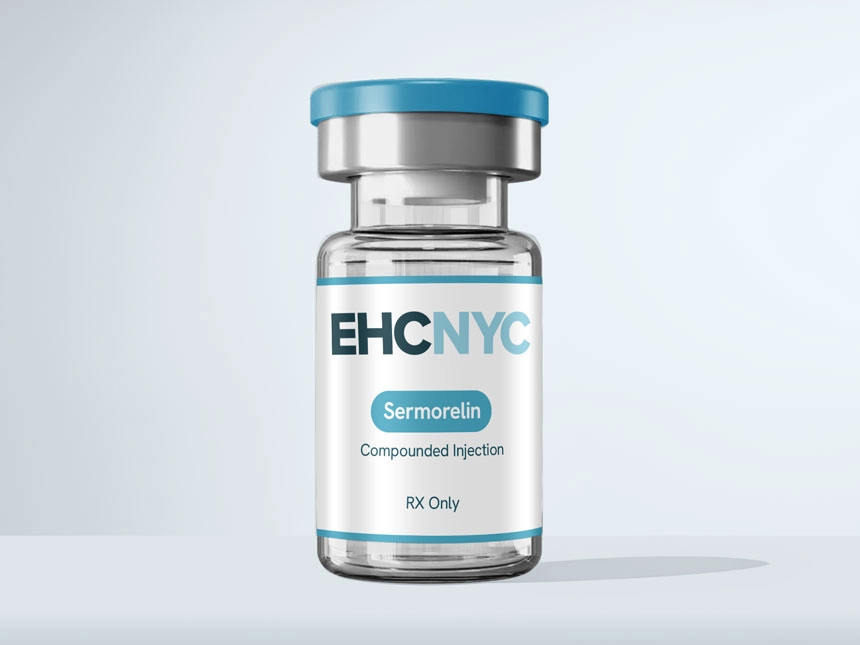
In recent years, GLP-1 receptor agonists have gained attention for their role in managing diabetes and supporting weight loss. Two of the most well-known medications in this category are liraglutide and semaglutide.
Back to Basics: Semaglutide
Back to Basics: Liraglutide
If you’re considering one of these medications, understanding their differences in effectiveness, side effects, and overall benefits is important.
Liraglutide vs Semaglutide for Weight Loss
Both liraglutide and semaglutide work by mimicking the GLP-1 hormone, which helps regulate appetite and blood sugar levels. However, studies suggest that semaglutide is more effective for weight loss compared to liraglutide.
- Effectiveness: Clinical trials have shown that semaglutide leads to greater weight loss than liraglutide. In a study published in The New England Journal of Medicine, patients taking semaglutide lost an average of 15% of their body weight, while those on liraglutide lost around 8%
- Dosage and Administration: Liraglutide is taken daily as an injection, while semaglutide is injected once a week making it a more convenient option for many patients
Liraglutide vs Semaglutide Side Effects
While both medications are generally well-tolerated, they do come with potential side effects.
- Gastrointestinal Issues: The most common side effects of both drugs include nausea, vomiting, diarrhea, and constipation. However, semaglutide tends to cause these symptoms more frequently due to its higher potency.
- Risk of Hypoglycemia: Both drugs can lower blood sugar levels, particularly if combined with other diabetes medications.
- Pancreatitis and Gallbladder Issues: There is a small risk of pancreatitis and gallbladder-related complications with both liraglutide and semaglutide.
Which One Should You Choose?
Choosing between liraglutide and semaglutide depends on your weight loss goals, tolerance for side effects, and lifestyle preferences. If you’re looking for a more effective option with fewer injections, semaglutide may be the better choice.
However, if you prefer a medication with a slightly lower risk of gastrointestinal issues, liraglutide could be a more suitable alternative.
Before starting any medication, it’s important to consult with a healthcare provider to determine the best option based on your medical history and needs.












